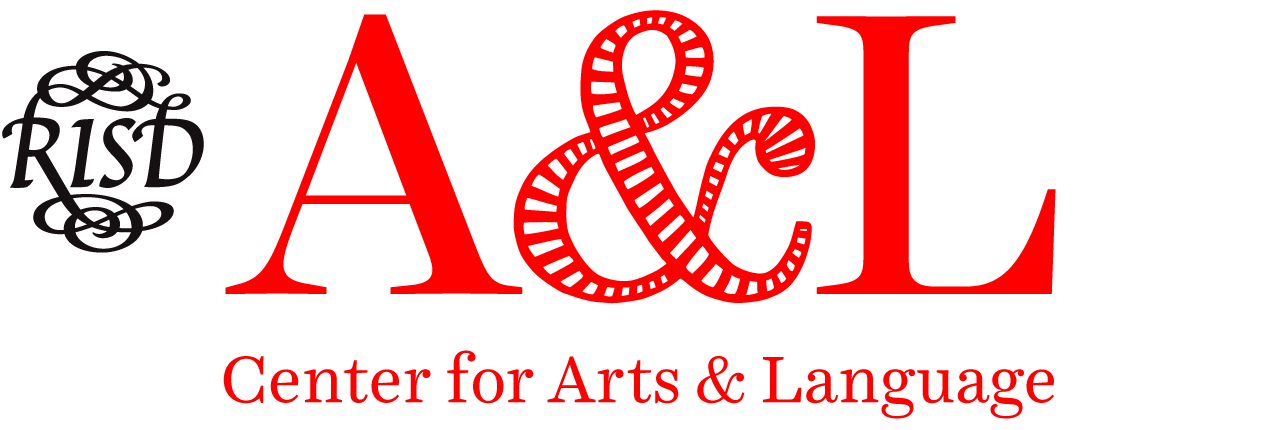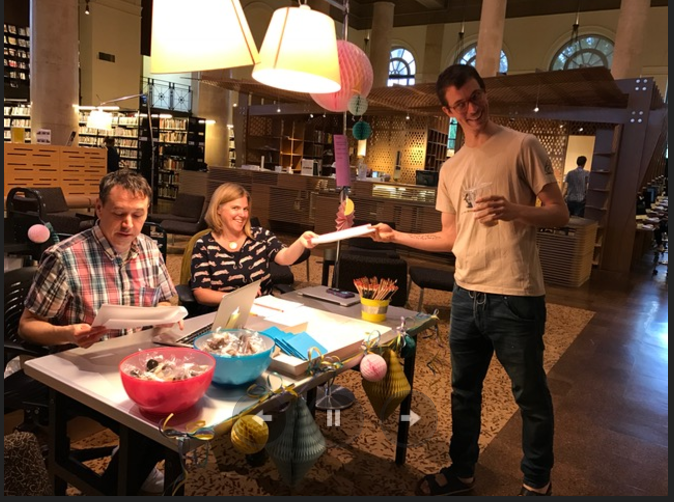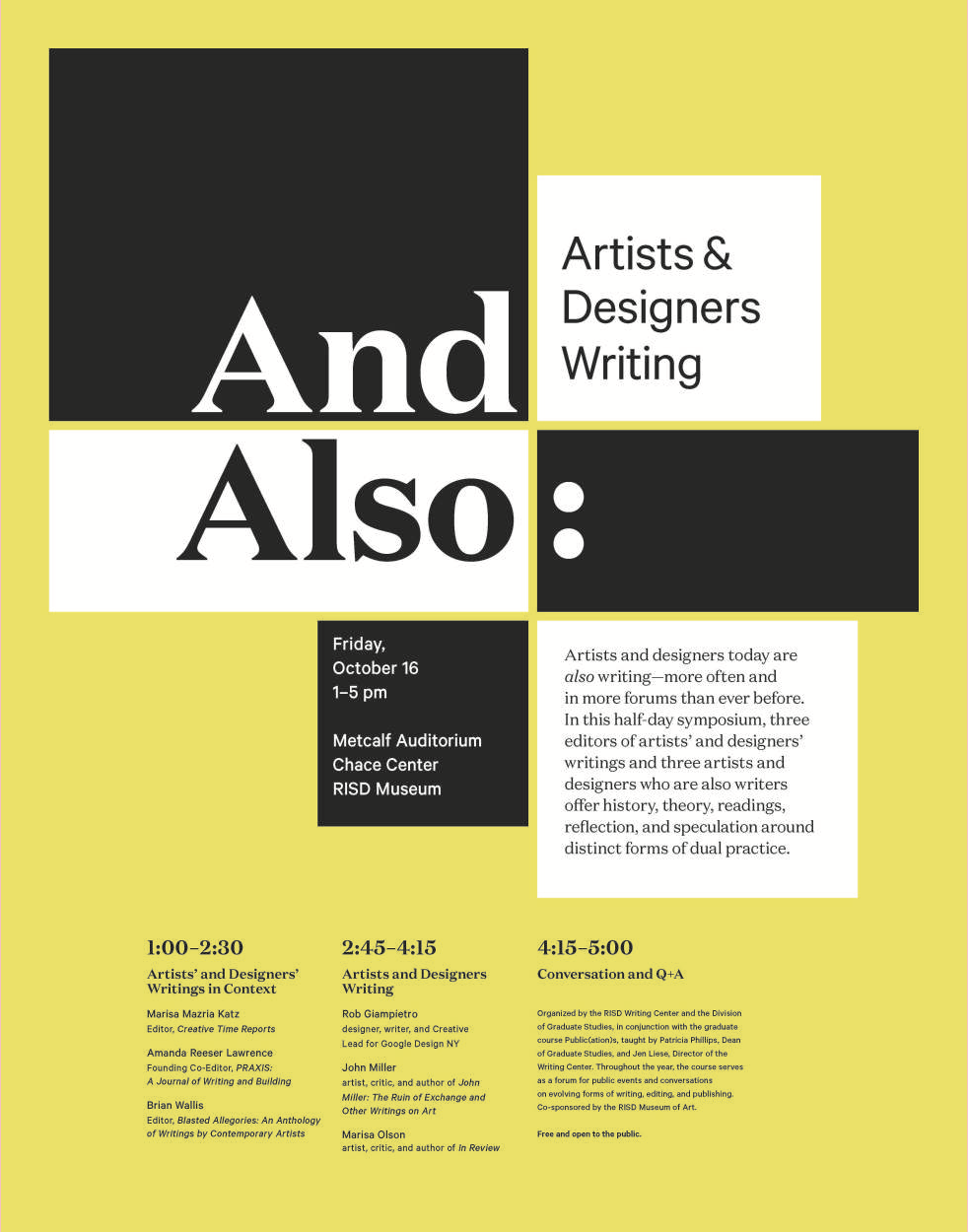Stretch Your Pencils:
Grad Thesis Writing Workshops
Tuesdays from 7-8:30 pm this Fall, in CIT 304
Facilitated by A&L’s Faculty Grad Mentor, Emily Cornell du Houx
All grads welcome. Come together to examine your work in innovative and invigorating ways, stretching the limits of expressive practice and busting out of common writing ruts. We’ll approach writing as a mutable medium, one that can be built up, torn apart, cobbled together, patch-worked, polished, exploded, and constructed like a work itself.
The workshops are cumulative, but participants can drop in any week. Taken together, they provide material, methods, and inspiration for assembling the final written thesis and developing a rich language around visual work.
Each workshop revolves around a shared writing activity, for example:
—The List, The Map, and the Storm: create shapes for idea generation
—Go Ghost: take turns ghost-writing a part of someone else’s thesis
—Dictionary (De)construction: build your own word collection
—Mapping Makers: identify your influences
—Zoom In, Zoom Out: explore expansive and contractive research
—Tune In, Tune Up: practice editing as listening
We’ll also experiment with timed writing, writing to music, walking and writing, and writing using different modes and mediums.
























